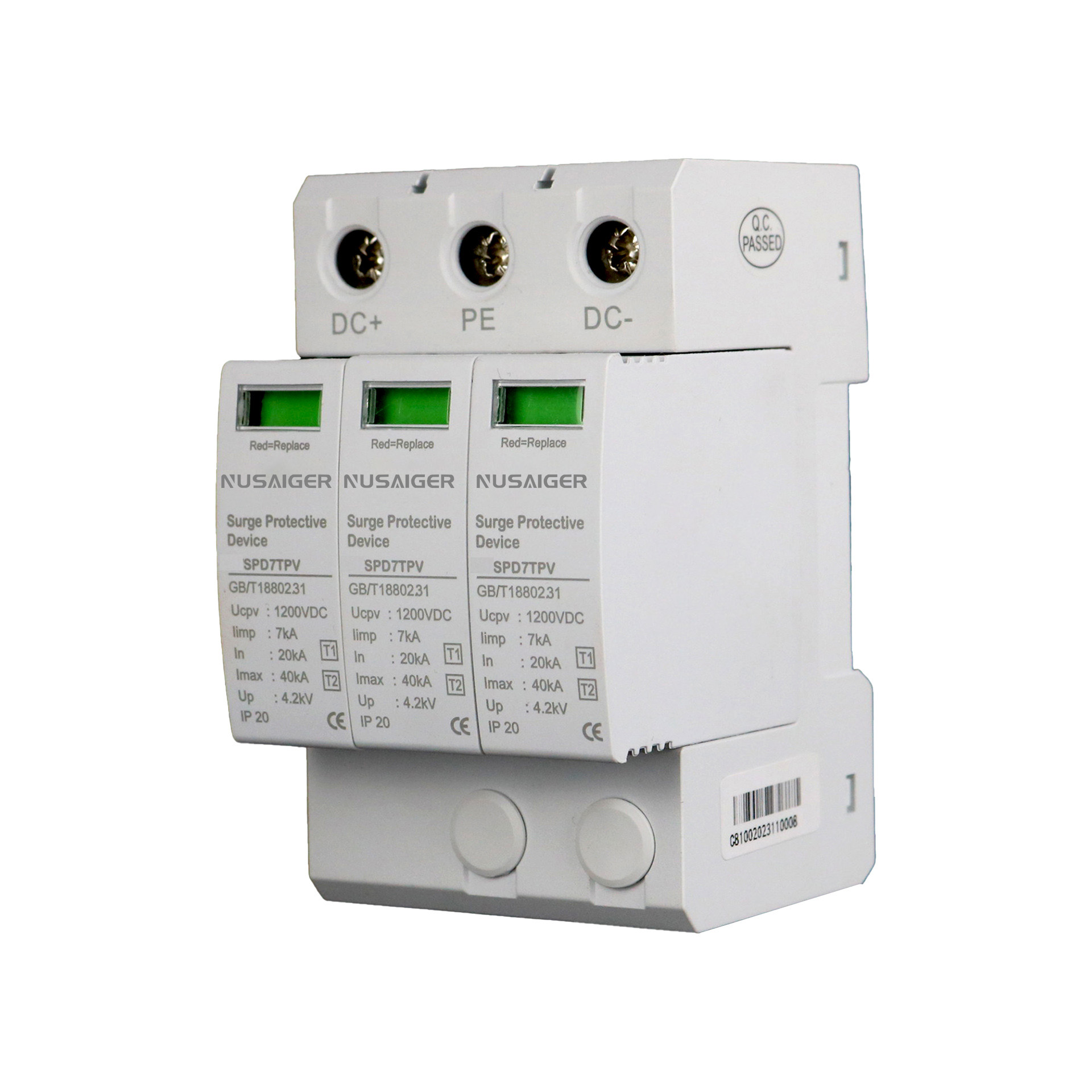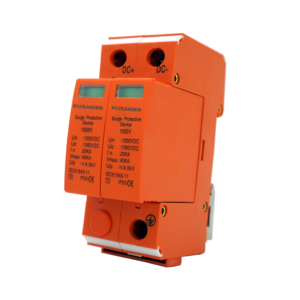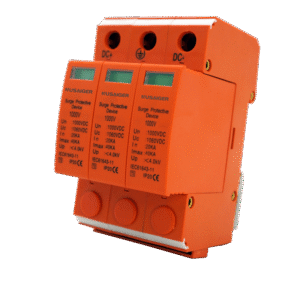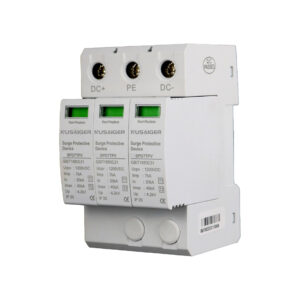Types of Surge Protective Devices: Class I, II, and III Explained with Real-World Applications
Surge Protective Devices (SPDs) are classified into three main categories: Class I, Class II, and Class III. Each serves a different purpose based on the intensity and location of surge risk.
1. Class I SPDs – Lightning Current Arresters
Designed to protect against direct lightning strikes. Installed at the service entrance. Common in large industrial or exposed areas.
- Impulse current rating: Up to 100 kA (10/350 μs)
- Protects against partial lightning currents
- Often used with TT and TN-C systems
2. Class II SPDs – Voltage Surge Arresters
Installed in distribution panels to handle residual surges from Class I devices.
- Impulse current: 20–40 kA (8/20 μs)
- Protects devices like HVACs, PLCs, switchgear
- Most common SPD type in buildings
3. Class III SPDs – Point-of-Use Protection
These are terminal surge protectors used at the equipment level, like power strips and sockets.
- Impulse current: Up to 5 kA
- Protects sensitive electronics like computers and servers
- Installed closest to the device
4. Installation Zones – The Coordination Strategy
- Zone 0: Direct lightning protection – Class I
- Zone 1: Secondary surge protection – Class II
- Zone 2: Final protection near sensitive loads – Class III
5. Real-World Application Examples
- Telecom tower: Class I at pole base, Class II in base station, Class III near routers
- Smart factory: Class I in main board, Class II at zone panels, Class III at server cabinets
6. Product Standards and Testing
Refer to IEC 61643-11 and UL 1449 for classification standards and performance tests.
7. Choosing the Right Class
- Check your location’s lightning risk
- Evaluate equipment sensitivity
- Build a multi-stage surge protection system
Conclusion
Each class of SPD plays a specific role. For full protection, use a combination of Class I, II, and III surge protective devices in your facility’s layered defense system.



